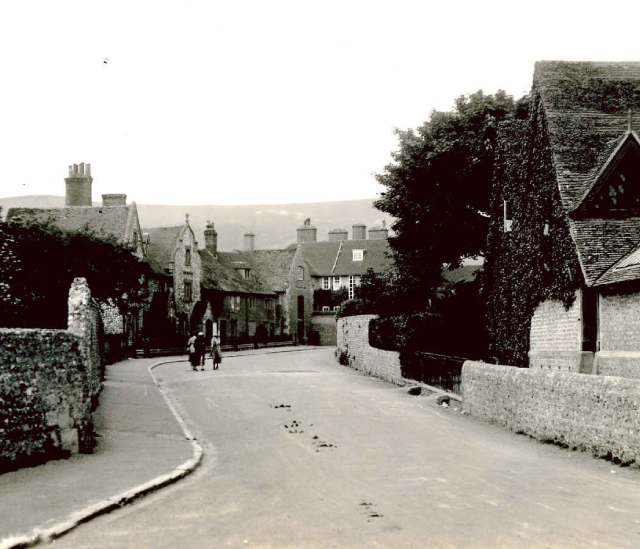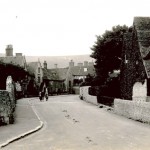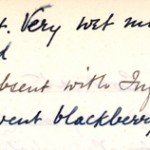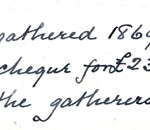The following information is for teachers to utilise in planning classroom activities.
In 1918 as a result of the war and German U-Boats sinking ships carrying food, rationing was introduced and a committee was set up to look at the ways of utilising any available natural resource.
Throughout the country, rural schools were instructed to ‘employ their children in gathering blackberries during school hours’ for the Government jam making scheme.
The children of Willingdon School rose to the challenge and supervised by their teachers groups went out into the fields from 9 September to 23 October; to harvest what was obviously a bumper crop. The School Log records 17 days when the children were taken out blackberry picking. The first afternoon 9th Sept – ‘No school this afternoon, the children gathered 73 lbs of blackberries for jam for the Ford Committee.’
The fruit was packed into specially provided baskets of a regulation size and sent immediately by rail from Hampden Park station to the special factories where it was made into blackberry and apple jam for soldiers. Mr Haylock, headmaster, records the amazing weight of 1,869 lbs 3oz being sent from the school. In return, cheques were sent to the teachers who were authorised to pay the pupils.
On 28th October Mr Haylock records receiving a cheque for £23.7.6d in payment, which he shared out among the gatherers, the 123 children on the school roll. This was a good sum of money when compared to the average weekly wage of an agricultural worker, in 1918, who was paid just £1.10.6d for a 52-hour week.
Questions to ask your students
1) Why was food running short during the war?
2) How many lbs of blackberries did Willingdon children collect?
3) How much money did the children make?
Images
- Willingdon Village School. Image courtesy of Rosalind Hodge
- Log book entry 1 blackberries. Image courtesy of Rosalind Hodges.
- Log book entry 2 blackberries. Image courtesy of Rosalind Hodges.
Click here to download a copy of this resource: First World War – Children collecting blackberries – teachers
This story was submitted by Rosalind Hodge, Archivst, Willingdon Parish Church











